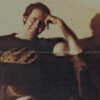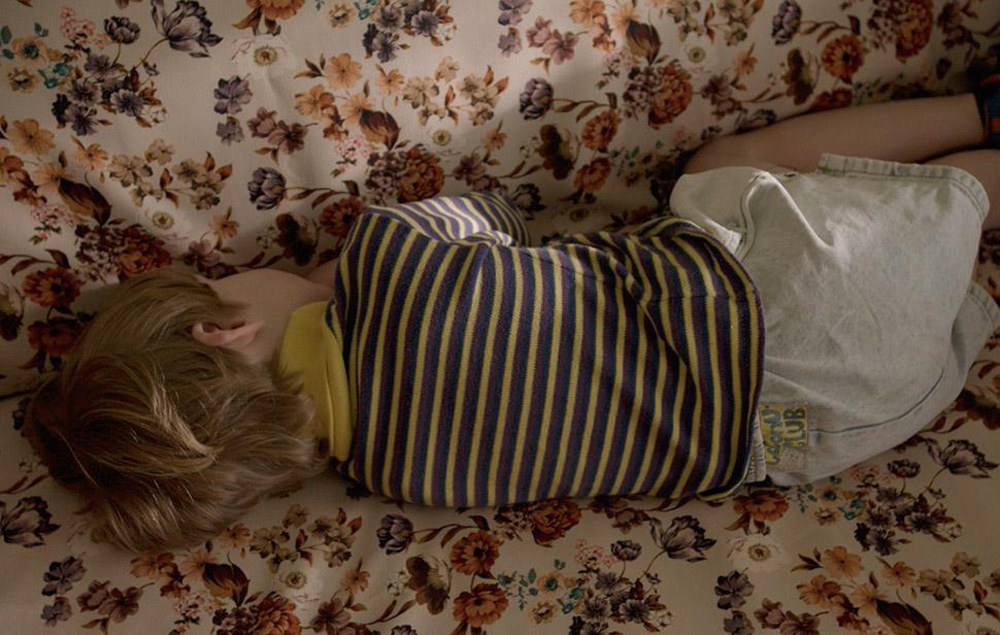Well before Jesse begins to take photography classes in “The Cathedral,” you’re aware of what he sees. In Ricky D’Ambrose’s splendid third feature, you’re given glimpses of the young man from birth in 1986, noted with the clever appearance of one of those formerly ubiquitous commemorative coin ads that ran on afternoon cable, to his teenage years in the early 2000s, often without any meaningful expression (played by Robert Levey II and William Bednar-Carter at ages 12 and 17, respectively). However, that doesn’t mean you don’t feel what’s stirring inside him as your eye is directed within carefully crafted frames from his point of view, from half-eaten sandwiches lying next to a coloring book or which family members gravitate towards where at a gathering. Conversations that he wouldn’t be privy to aren’t necessarily obscured visually, but denuded of context as it would for a child and as fixed shots that invite you to look deeper into the background as any given scene unfolds, the feeling that you’re flipping through a family album sitting next to someone who lived through it as well, but perhaps with a different perspective comes across acutely.
It’s difficult to make a coming-of-age story without nostalgia, though anyone who was born roughly around the same time as Jesse is bound to have a chill run down their spine as the young boy reads from the David Macaulay picture book the film takes its title from, a staple in school libraries that could feel uniquely personal as the illustrations put it within the reach of the young but the text could make you feel like an adult. “The Cathedral” opens up the same space in reverse, reflecting back on how Jesse’s perspective was shaped without rose-tinted glasses as he is limited to being a passive observer as his family implodes around him. D’Ambrose adds an extra bit of authenticity in beginning the film shortly before Jesse is born, with a narrator recounting the family’s decision to talk of his uncle’s premature death from AIDS as a bout of liver disease, if at all. The fact itself has no bearing on the proceedings, but the implications of it are profound, breeding the type of resentment and withholding that are primed to explode if the wrong buttons are pushed.
With Jesse largely off-screen, his father Richard (Brian D’Arcy James) is left to embody a time bomb, seemingly benign in his role as a breadwinner with plans to open up a printing business, but gradually exhibits criminally bad judgment on a number of fronts. The mind reels at what his first marriage that’s briefly alluded to looked like, but the second to Jesse’s mother Lydia (Monica Barbaro) is doomed from the start after Richard insists on having her parents pay for part of it though he promised to bankroll it himself, indicative of dicey finances that loom large over the union an create tension not necessarily between Richard and Lydia, but him and his new father-in-law. The rest of the family may try their best to preserve civility with veiled conversations, but any attempted obfuscation becomes sharp observation on the part of D’Ambrose as the details of issues may be abstract being beyond Jesse’s comprehension, but trigger the same mental expenditure that he endures in trying to figure them out. The missing pieces end up yielding a more complete family portrait than most, tantalizingly mysterious and emotionally precise and while frustrations build for Jesse, the opposite is true in seeing things usually unsaid become so resounding.
“The Cathedral” will screen virtually at the Sundance Film Festival for a 48-hour period beginning on January 24th at 8 am MT.




